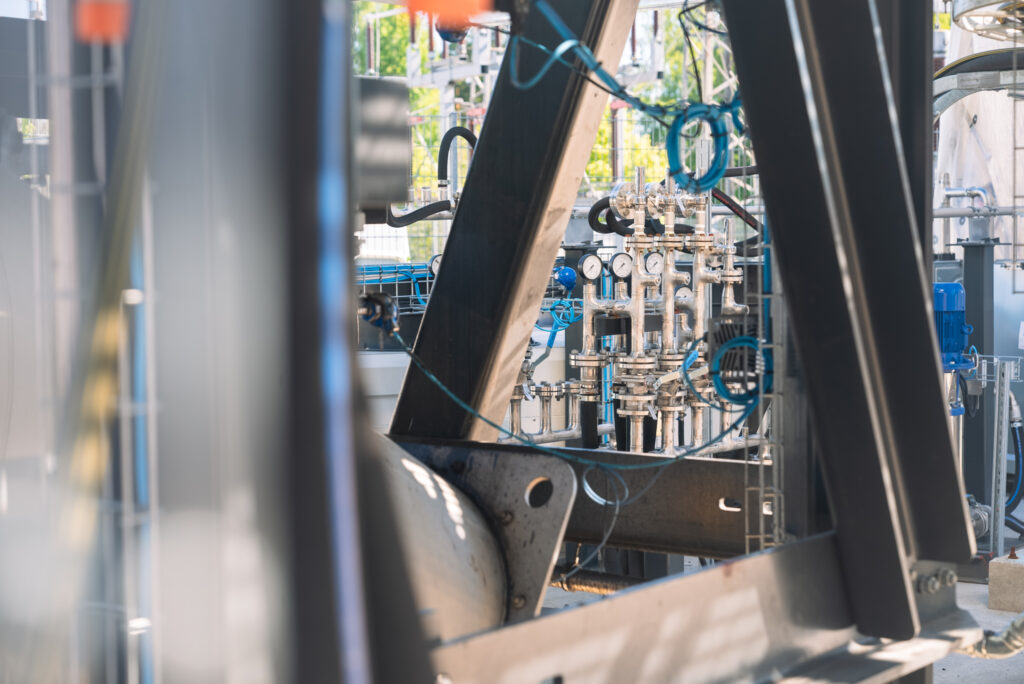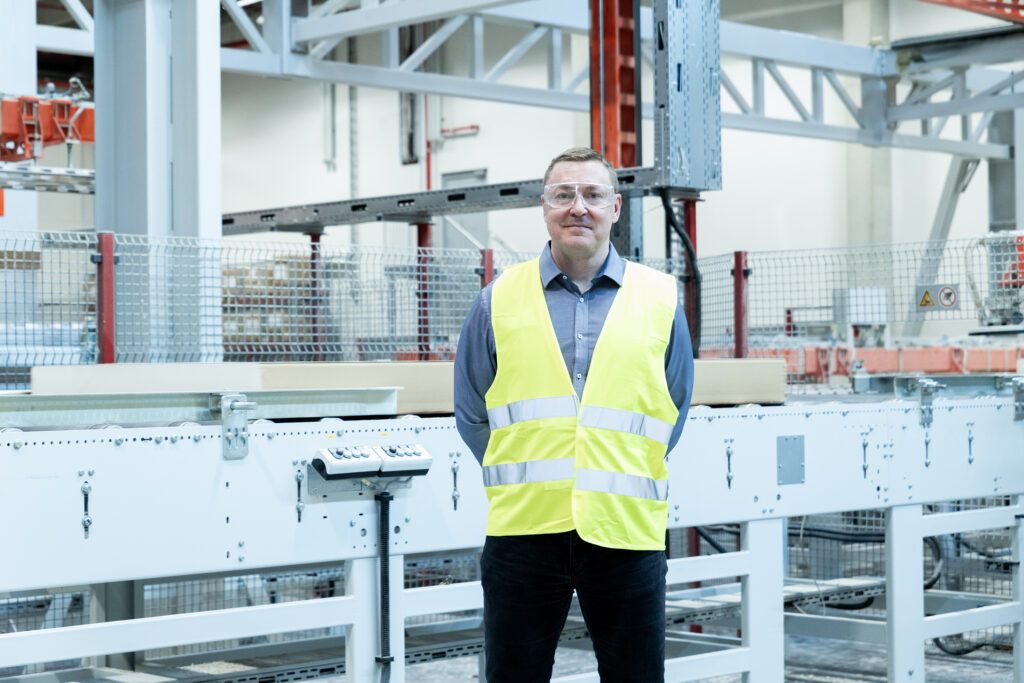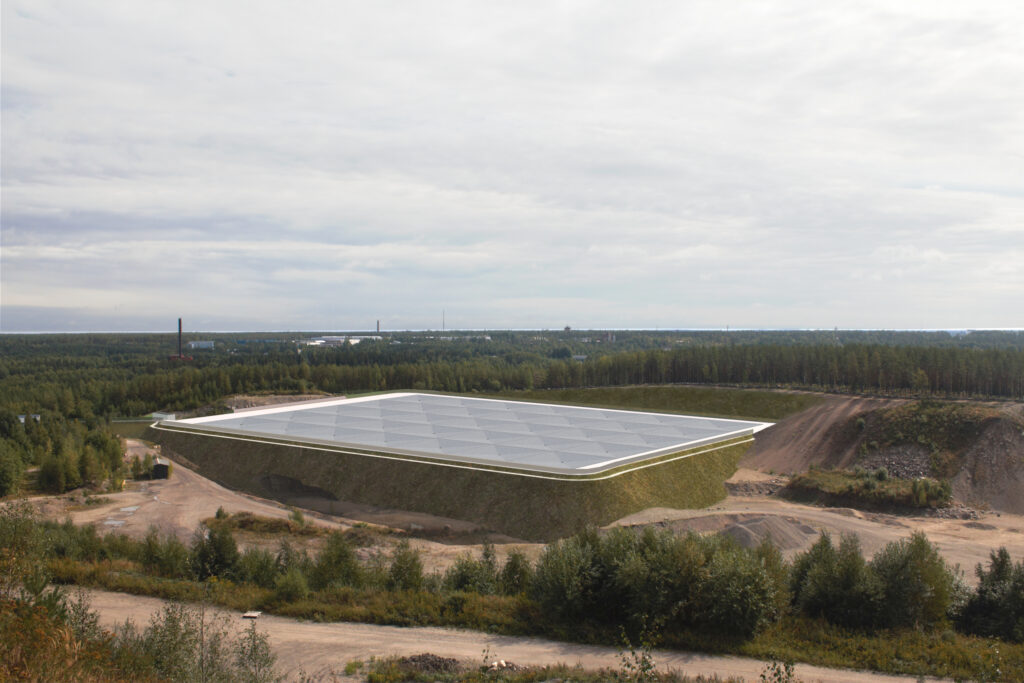Carbo Culture, a carbon capture company founded in 2016, focuses on combating climate change with biochar. Their R3 carbon capture facility in Kerava, centrally located in the Helsinki Ring of Industry region, is one of the largest carbon capture facilities in Europe. The R3, the first full-scale prototype following two smaller ones in California, was completed in 2023. The company already has their sights in developing it into a commercial scale plant and expanding into international markets.
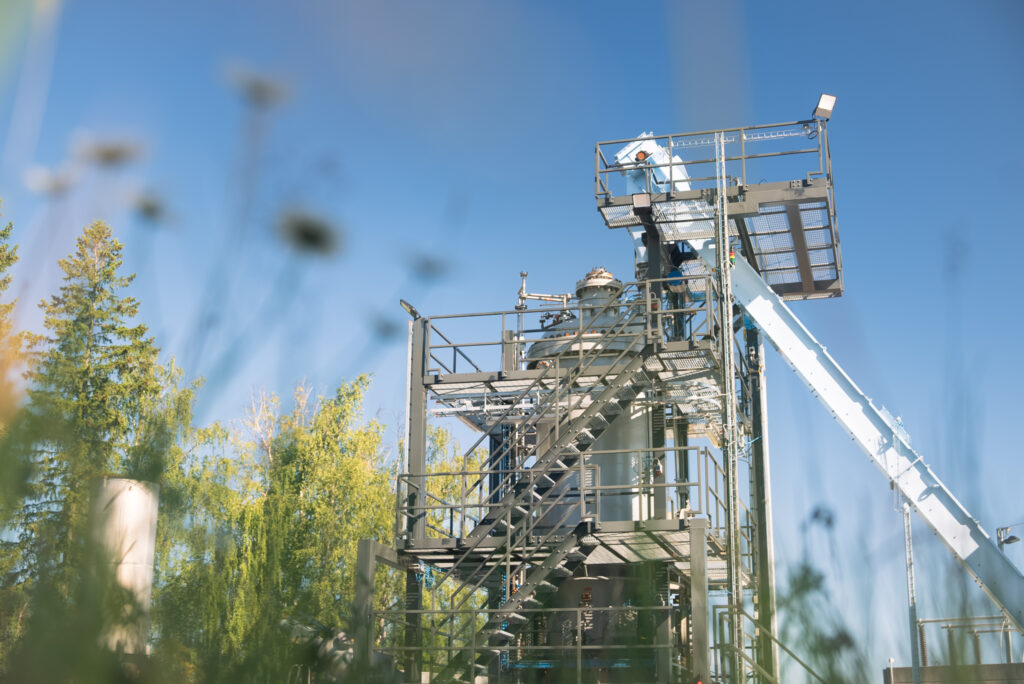
From the Carbon Capture Facility into Local Energy Networks
A well-chosen location has been crucial in enabling Carbo Culture’s growth and innovation. Several factors influenced the decision to locate the facility in the Helsinki Ring of Industry region, including its proximity to the Helsinki metropolitan area and excellent transport connections. “Our location offers a short distance from Helsinki and the airport, and it’s easy to come here by train,” says Karoliina Moberg, Product Marketing Lead of Carbo Culture.
Additionally, collaboration with the local electricity company, Keravan Energia, and the city of Kerava has supported development and enabled the use of biochar in local landscaping projects. “Keravan Energia has been a brilliant partner for us. Their innovative and open-minded attitude has been a key factor in the collaboration,” Moberg notes. “Finland has strong expertise, particularly in the wood processing industry, which provides abundant by-products for biochar production. There are a lot of agricultural and forestry by-products that can be utilized.”
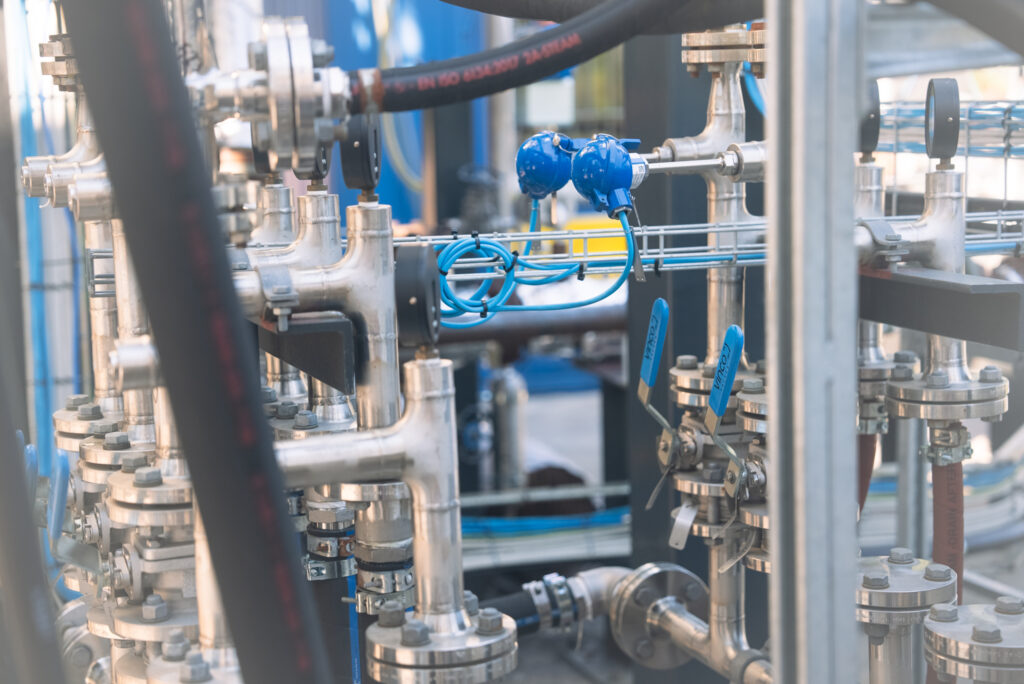
A Scalable Carbon Capture Facility
The R3 facility and its technology are rapidly scalable. Carbo Culture aims to build several facilities worldwide by 2027. “We have conducted a decade of research in carbon removal, and international collaboration with universities, research institutions, and companies has been crucial in developing the technology. Our technology is based on high-level university research,” Moberg states.
Carbo Culture plans to continue developing the R3 facility and aims to build a commercial-scale plant. The company also intends to expand its operations in the Nordic countries and elsewhere in Europe, potentially worldwide. “Our goal is that once we have this first commercial-scale plant, we can quickly build more of these facilities,” Moberg explains. One of the funders of the R3 facility is the European Innovation Council. This support advances the entire European innovation ecosystem and enables the development of facilities in carbon capture.
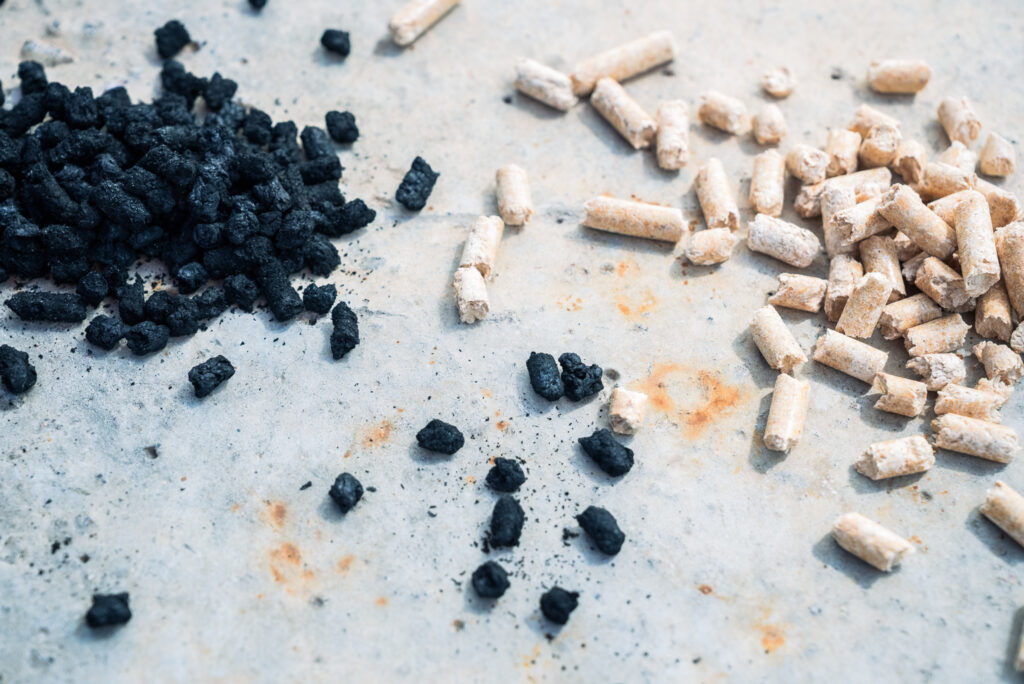
“We are producing biochar that permanently sequesters carbon dioxide while also generating clean thermal energy,” says Moberg. Although the facility is still in the pilot phase, its energy production can be more widely utilized in local energy production in the future. Moberg explains, “This energy can be integrated into local energy networks. We are currently developing the technology and testing various biomasses.”
Carbo Culture, founded in 2016, is a pioneer in the circular economy and encourages international experts and investors to leverage their technology. The company’s biochar technology provides a valuable use for by-products and enables the permanent sequestration of carbon dioxide, which is crucial in combating climate change.
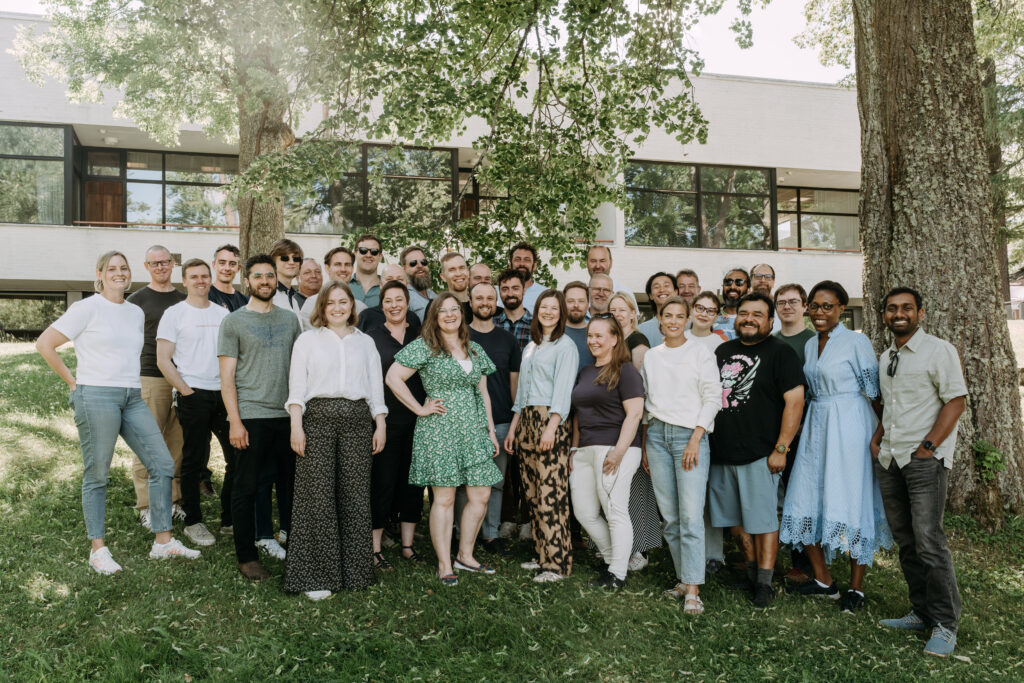
Carbo Culture
Carbo Culture take waste biomass and transform it using our patented reactors, permanently storing the carbon in an inert, solid form called biochar. It’s unique process produces high-quality biochar for agricultural and construction applications, generates renewable energy, and creates some of the most tangible carbon credits on the market.
Text: Katja Humalainen
Photos: Carbo Culture
